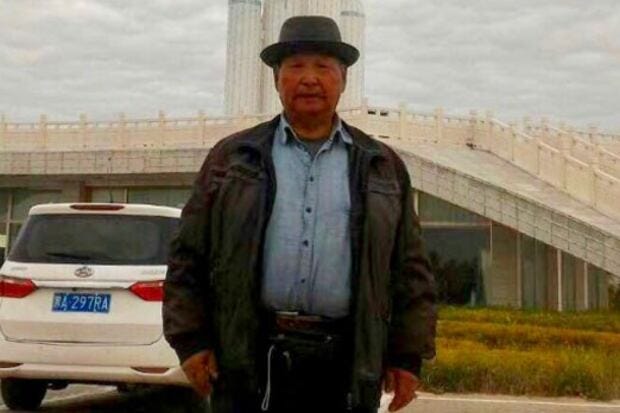Dissident Spotlight: Lhamjab Borjigin
For advocating for the Mongolian language and documenting human rights abuses against Mongolians, Lhamjab Borjigin remains in Chinese custody.

Lhamjab Borjigin is a historian who collected survivor testimonies from Mao’s Cultural Revolution from 1966 to 1976. They included people who were tortured by the Chinese Communist Party (CCP) or whose family members were killed as Mao tried to eliminate a competing Mongolian elite.
Not only were tens of thousands of Mongolian people tortured and killed, but the Mongolian language was also prohibited throughout Inner Mongolia, the region bordering Mongolia and China that China took control of in the 1600s.
Borjigin’s book covered the Cultural Revolution, decades before Xi Jinping rose to power. However, the CCP couldn’t abide the unflattering depiction of recent Chinese history.
Borjigin was charged with “separatism” in 2019, arrested after protests against the removal of Mongolian language in three school subjects, and has been in Chinese custody since 2023.
Dictators Like Their Rosy Histories
It may seem surprising that a country’s current dictator would crack down on unflattering depictions of a previous regime. However, some of the people who were part of the previous regime’s crimes may be part of the current regime’s elite. Indicting a previous regime could include going after people whose mythologies are crucial to the current leader’s hold on power.
But such leaders also can’t allow their victims to have previous generations of victims to identify with. If a previous government killed and tortured its citizens, current citizens may wonder why their current leader should be able to.
Avoiding hard questions is an authoritarian specialty. Whether they’re about the past, present, or future, anything that can help a dictator’s people imagine a world without the dear leader is dangerous to the autocracy. That danger makes it all the more important that people like Borjigin are celebrated and protected.

